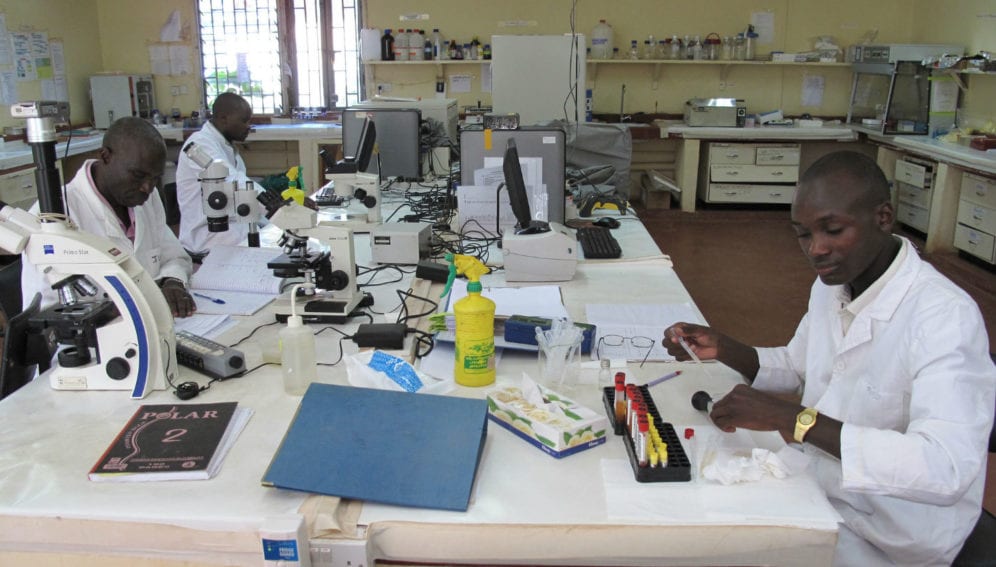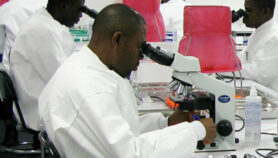By: Alex Abutu
Send to a friend
The details you provide on this page will not be used to send unsolicited email, and will not be sold to a 3rd party. See privacy policy.
[ABUJA, NIGERIA] When scientists and researchers from Africa and other developing regions gather, one can predict brain drain issue being on their agenda.
The topic is usually characterised by lamenting on how it is robbing their respective backyards of talents needed for transformative development.
At a meeting of the International Council for Science held between early this month (7-8 March) in Nigeria involving more than 30 scientists from countries such as Burkina Faso, Senegal, South Africa, Mozambique and Norway, there was a nagging urge inside me to find out from the conversations how brain drain has affected Africa and strategies for turning it into opportunities.
Mosto Onuoha, president of the Nigerian Academy of Science, set the tone by saying in the last decade, over 70 per cent of trained medical doctors in Nigeria have left and are now working in Europe and the United States, thus creating a vacuum difficult to fill.
To me, lamenting brain drain won’t help. It is bedecked with silver linings for the lamenters to turn into opportunities.
Alex Abutu
I gathered from the meeting that the highest numbers of African talents in science seeking greener pastures outside the continent are coming from Egypt, Ghana, Kenya, Morocco, Nigeria and South Africa.
Gueladio Cisse, research director, Swiss Tropical and Public Health Institute, Switzerland, noted that it is time African countries concentrate on tapping into the gains from the brain drain as, according to him, the trend will never stop.
There is no gainsaying in the fact that brain drain will forever remain in developing countries as long as poor pay, poor working conditions and dilapidated equipment are the lot of their scientists.
And Cisse did put it aptly, “We have to move away from the negative concept of brain drain and start talking more about brain circulation.”
“The idea that the mobility of bright, qualified people represents a permanent loss of scarce human capital for the source country is becoming rapidly outdated,” argued Cisse. “Talent mobility can bring benefits both to host and source countries.”
I was not surprised to know from the meeting that most of the top policymakers or scientists in Africa have at one time or the other either trained or worked abroad and they are back to contribute their quota to the development of the continent.
The African diaspora networks are responsible for most of the initiatives or platforms that young scientists today are leveraging to further their studies. This is a huge gain for us.
Oluwabunmi Olapade-Olaopa, a professor at the College of Medicine, University of Ibadan in Nigeria, called for espousing the value of nation building through a change of people’s orientation.“There is a need for the acceptance of the consequences of brain drain by governments and the need for policies to address the challenges,” he added.
To me, lamenting brain drain won’t help. It could be having silver linings for the lamenters to turn into opportunities.
This piece was produced by SciDev.Net’s Sub-Saharan Africa English desk.














